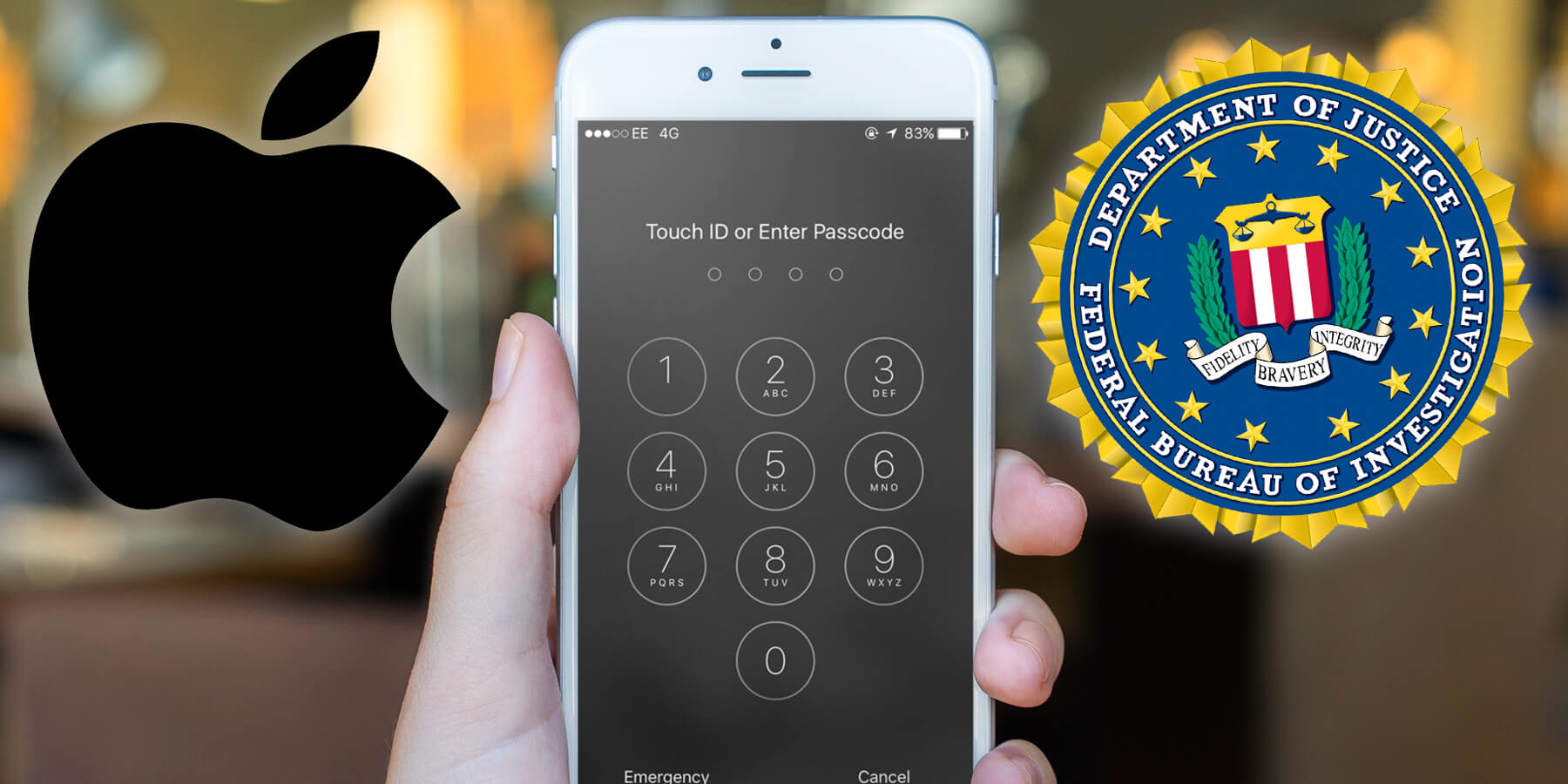Apple v.s. the FBI. Privacy v.s. Justice. Goliath v.s. another Goliath.
However you slice it, Apple’s refusal to write new software to help the FBI hack into a shooter’s iPhone is turning into the biggest tech story of the year. Now, Apple is set to ask a federal judge to kick things up a notch and let the case be decided by Congress rather than the courts.
Let’s recap for a moment, shall we? After last year’s tragic San Bernardino shooting, the FBI ask Apple’s help to access data on an iPhone 5C recovered from one of the shooters. Apple duly oblige, handing over data from an iCloud backup. For obvious reasons, the FBI would also like to see what’s on the handset itself, but it’s passcode-locked and too many incorrect attempts could wipe the device completely – could Apple pretty please unlock it for them? Well, no, not really. From iOS 8 onwards the iPhone is so securely encrypted that not even Apple can break in without the code.
So the FBI instead ask Apple to write a new, weakened operating system – from scratch – which could be installed on the iPhone in question to circumvent some of its passcode security, allowing the possibility of a brute force attack. Apple steadfastly refuse to intentionally create a weakness – or backdoor – in their software which could potentially act as a master key to hack into any iPhone in the world, calling it “too dangerous” a tool to create. CEO Tim Cook pens an open letter to customers, explaining the finer details of the decision. FBI director James Comey responds with a passionate open letter of his own, in which he argues that this single case will not set a “dangerous precedent” for the future, as Cook believes. Both letters are well worth a read in full for both sides of the story.
Meanwhile, most of the big names in tech – Google, Facebook, Twitter, et al – come out in support of Apple’s stance, but the public on the whole are not so sure who to back, and Bill Gates shows some support for the FBI, making the point that this is a standalone case and not a cry for a wider legal policy. That said, Apple has since uncovered proof that if the FBI win this battle, they have plans to hack into a further dozen devices using the same technology. Everyone seems to have an opinion on this, and the case is only getting more serious, so it’s no surprise Apple want to take things to Congress.
More recently, Apple has grabbed some top-notch lawyers to fight its case, reportedly planning to plead the first amendment as part of a wider legal strategy. Whether computer code is covered under free speech is open for debate, but the point being made is that the government shouldn’t force the courts to “compel Apple to write new software, to compel speech.” The tools to hack iPhones don’t exist just yet, and Apple doesn’t want to be forced into writing them.
This is the story that just keeps giving. Take a look at our previous Apple-FBI stories right here for more background.

